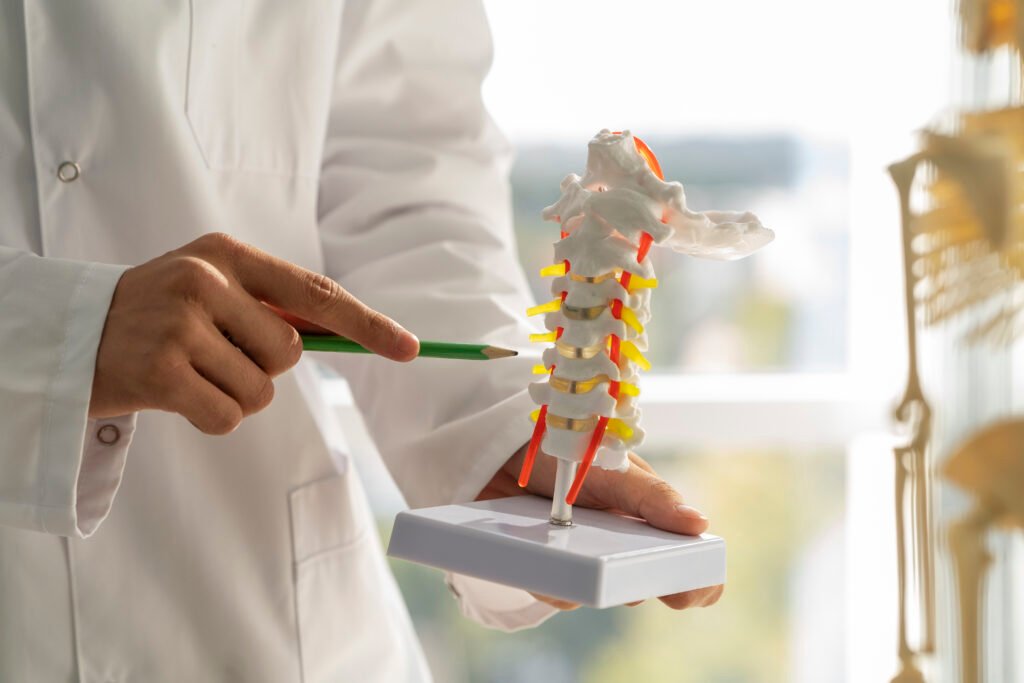
Orthopedics is a specialized branch of medicine that focuses on the musculoskeletal system, encompassing bones, joints, muscles, ligaments, tendons, and nerves. This field addresses a wide range of conditions and injuries, from fractures and arthritis to sports injuries and congenital disorders. Here’s a detailed exploration of orthopedics and its key aspects:
1. Understanding Orthopedic Care
- Definition and Scope: Orthopedics deals with diagnosing, treating, and preventing disorders of the musculoskeletal system.
- Specialists: Orthopedic surgeons, also known as orthopedists, are medical doctors specializing in surgical and nonsurgical treatment of musculoskeletal injuries.
2. Common Orthopedic Conditions
- Joint Conditions: Arthritis, including osteoarthritis and rheumatoid arthritis, affects joints and can lead to pain and mobility issues.
- Fractures: Broken bones requiring realignment and stabilization.
- Sports Injuries: Common among athletes, including ligament tears (ACL tears), tendonitis, and stress fractures.
3. Diagnostic Techniques
- Imaging: X-rays, MRI scans, and CT scans help diagnose fractures, joint conditions, and soft tissue injuries.
- Physical Examination: Assessing range of motion, strength, and stability of affected areas.
4. Treatment Options
- Non-Surgical: Physical therapy, medication, lifestyle modifications, and assistive devices like braces and splints.
- Surgical: Procedures such as joint replacement, arthroscopy, fracture repair, and soft tissue reconstruction.
5. Advances in Orthopedic Care
- Minimally Invasive Surgery: Techniques that reduce recovery time and minimize tissue damage.
- Biologics: Using stem cells, growth factors, and other biological materials to enhance healing.
- Robotic Surgery: Precision technology improving surgical outcomes and recovery.
6. Preventive Measures
- Exercise and Conditioning: Strengthening muscles and improving flexibility to reduce injury risk.
- Proper Technique: Educating patients on safe practices during sports and daily activities.
- Nutrition: Ensuring adequate intake of nutrients essential for bone and joint health.
7. Finding Orthopedic Care
- Choosing a Specialist: Factors include experience, expertise, and patient reviews.
- Local Resources: Researching orthopedic practices and hospitals in your area.
- Insurance Coverage: Understanding what orthopedic services are covered by your insurance plan.
8. Future Directions in Orthopedics
- Research: Advances in biomaterials, tissue engineering, and regenerative medicine.
- Telemedicine: Increasing access to orthopedic consultations and follow-ups remotely.
Conclusion
- Orthopedics plays a crucial role in enhancing quality of life by treating and preventing musculoskeletal disorders. Whether managing chronic conditions like arthritis or addressing acute injuries, orthopedic specialists provide comprehensive care to restore function and mobility.

